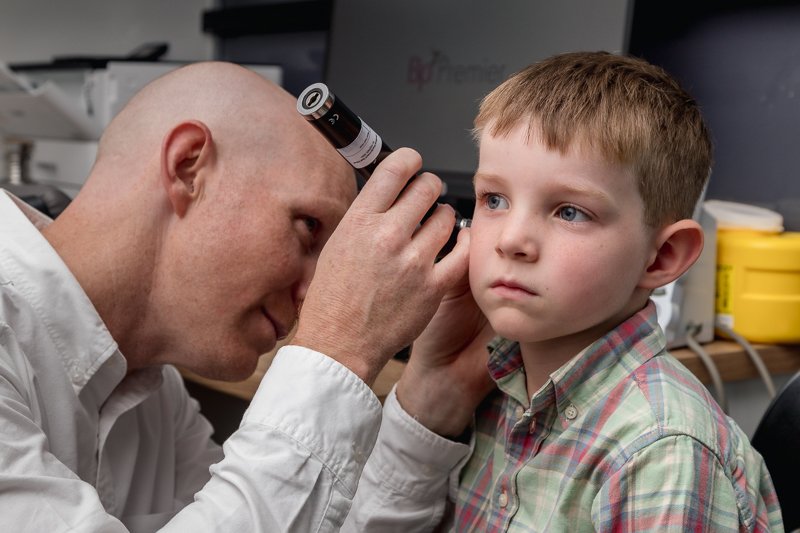Every year, Australia dedicates the month of June to Bowel Cancer Awareness. At least 5,375 people succumb to bowel cancer every year, however this condition has a good cure rate though if diagnosed early.
Though it is more common in people over the age of 50, evidence suggests bowel cancer is on the rise among younger Australians.
Risk Factors for Bowel Cancer
polyps
genetic abnormalities
certain inflammatory bowel diseases such as Crohn's disease and ulcerative colitis
other cancers such as breast, uterine and ovarian
history of colon cancer in the family
Although studies are inconclusive, the increase of bowel cancer among younger people parallels the increase in obesity and larger studies have linked obesity to cancer risks.
Bowel cancer has also been associated with unhealthy lifestyle and eating habits such as increased intake of alcohol and highly processed foods, including meats.
With all the available data, it begs the question of lowering the screening age in Australia to people under the age of 50.
Obviously, the potential benefits, harms, and costs need to be considered in evaluating a cancer screening program for a lower screening age.
Considering bowel cancer is treatable when diagnosed early, you should look out for symptoms and that may point to bowel cancer.
Screening and Diagnosis
Signs and symptoms of bowel cancer
A persistent change in the consistency and character of your bowel movements
Constipation
Rectal pain
Blood in your stool or bleeding of the rectum
Persistent bloating, cramps, gas, pain or any abdominal discomfort
A feeling of not being able to empty your bowel completely
Unintentional weight loss
Loss of appetite
Unexplained nausea or vomiting
If you have any of the above signs or symptoms, it is important to see your GP.
Screening
Faecal Occult Blood Test (FOBT) is the most effective population screening tool for detecting early signs of bowel cancer. If you are not yet eligible for the National Bowel Cancer Screening Program, speak to your GP about your options. This test is performed by you in the privacy of your own home and is very straightforward.
Diagnosis
A number of tests are used to diagnose bowel cancer. These include physical examination, blood test, colonoscopy, CT or MRI Scan, PET Scan, and Ultrasound. Your GP will guide you on the tests required for a diagnosis.
Treatment
If diagnosed with bowel cancer, more tests are usually needed to determine whether the cancer has spread to other areas or not. Based on test results, your doctor will be able to discuss treatment options.
There are three main types of treatment for bowel cancer:
Radiotherapy
This treatment is often used before surgery to reduce the number and size of cancers cells before surgery.
Surgery
The main treatment for early stage of bowel cancer is surgery or colectomy, where all or part of the colon is removed.
Chemotherapy
Chemotherapy may be recommended after surgery to reduce the risk of the cancer returning in the future.
You may receive one or a combination of these treatments depending on the location, extent, and stage of the cancer. If the cancer has spread to other parts of the body, you may require more targeted therapies.
Prevention
The best way to prevent or reduce the risk of bowel cancer is a healthy lifestyle which includes:
a healthy, fibre rich diet composed of fresh fruits and vegetables
limiting consumption of red and processed/cured meat
regular exercise
avoiding smoking
limiting alcohol intake
avoiding processed food
maintaining a healthy body weight
Most importantly, have a check-up (especially if you are experiencing symptoms) to promote early detection.
Blood in your stool, or on wiping, is confronting for most people. However, when looking at the numbers of likely reasons, there is very likely a cause for the bleeding which is not cancer. In a few cases it will be a cancer diagnosis. Bleeding from the rectum should not be ignored. A review with your GP is strongly encouraged.






